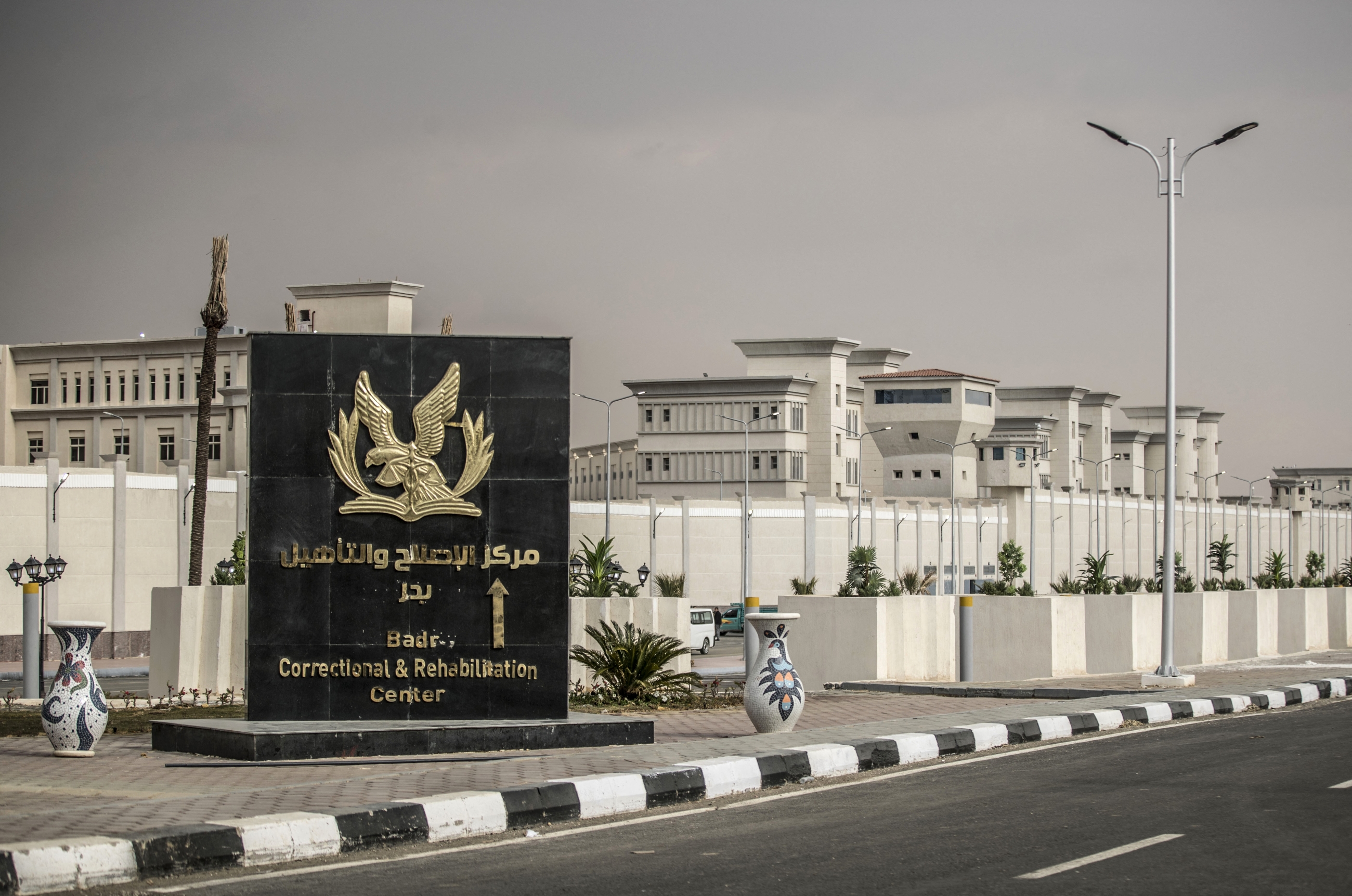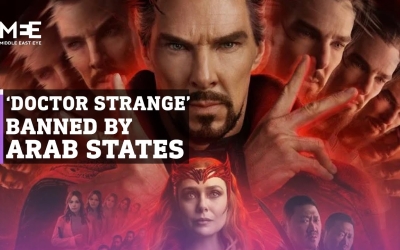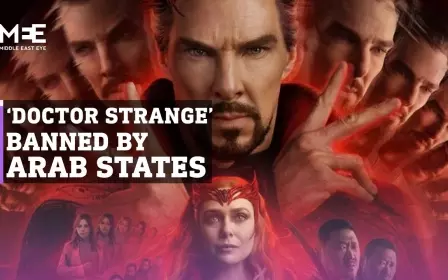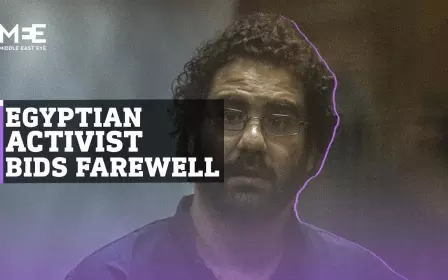Egypt: Rights groups and activists sceptical of Sisi prisoner release plan

Rights groups have reacted with scepticism to an announcement by the Egyptian government that it would be receiving online applications for early release of detainees.
Meanwhile, sixty-four human rights defenders on Monday called on the government to halt all forms of arbitrary arrests and release all political prisoners, estimated to be 65,000.
The Egyptian government announced the reactivation of the Presidential Pardon Committee on 26 April during Ramadan, a month during which presidential pardons have often traditionally been handed out.
Following the move, more than 3,000 prisoners were reportedly released, as well as a number of high-profile political prisoners, including Hossam Moniss, a prominent leftist organiser and journalist. Most of those released were not political prisoners, however.
Last week, the government also announced the creation of an online form whereby citizens could apply for the release of prisoners as per presidential pardon.
New MEE newsletter: Jerusalem Dispatch
Sign up to get the latest insights and analysis on Israel-Palestine, alongside Turkey Unpacked and other MEE newsletters
However, rights groups, including the Egyptian Initiative for Personal Rights and the Association for Freedom of Thought and Expression (EIPR), have criticised the limitations applied to the new pardoning plan.
The EIPR noted in a statement that the online form only applied to “the release of young people detained in pending cases, with no judicial rulings having been issued against them" and said the committee was only focusing on "imprisoned youth" and people imprisoned for unpaid debts.
In the statement it offered an alternative plan for prisoner release in the country.
"This proposal considers that any approach to addressing the file of political prisoners will not be fair, equitable and effective unless it includes all those held in pretrial detention as well as those convicted on political charges, whether they are 'youth', children, minors, elderly, or those with health and humanitarian conditions, and all those currently deprived of their liberty for political reasons or charges," it read.
"The criterion of not having committed violent crimes constitutes an appropriate basis for moving towards resolving the situation of political prisoners. But this criterion must be very precisely defined to ensure the inclusion of the thousands of prisoners of conscience who have been arrested routinely and without evidence under vague charges such as 'belonging to an illegal group' or 'assisting a banned group in achieving its goals', and other broad charges, for which the Public Prosecution has no evidence, not even specifying the name or identity of that alleged group."
'Revolving door' policy
President Abdel Fattah el-Sisi rose to power after ousting Egypt's first democratically elected president, Mohamed Morsi, a leading figure in the Muslim Brotherhood, in a 2013 military coup.
Since then, his government has targeted members and supporters of Morsi's administration in a large-scale crackdown. More recently he has also targeted the secular opposition.
In June 2019, Morsi died while in custody in circumstances described by UN experts as "state-sanctioned arbitrary killing".
More than half of all prisoners in Egypt are political, according to the Arabic Network for Human Rights Information.
The total number of prisoners in the country in March 2021 was 120,000, at least 26,000 of them were held in pre-trial detention.
The rights groups noted that despite the releases and promises of release, the government continued to arrest and imprison political prisoners.
"There would be no real resolution of the crisis of political prisoners in Egypt if the decisions to arrest citizens on political charges continue as is the case now," they said.
"Rather, this would maintain the 'revolving door' policy by which security agencies throw new detainees into prisons at the same time while releasing limited numbers of others."
Dozens of human rights defenders - including Ramy Shaath, Gamal Eid, Mahienour El-Massry and Bahey el-Din Hassan; journalists Solafa Magdy, Adel Sabry and Hossam el-Hamalawy; and actors Khaled Abol Naga and Amr Waked - signed another statement on Monday in response to President Sisi's call for "political dialogue".
The activists called on the government to take action to "build trust" with the opposition, rather than only releasing a small number of prisoners while continuing to detain more government critics.
Middle East Eye delivers independent and unrivalled coverage and analysis of the Middle East, North Africa and beyond. To learn more about republishing this content and the associated fees, please fill out this form. More about MEE can be found here.





